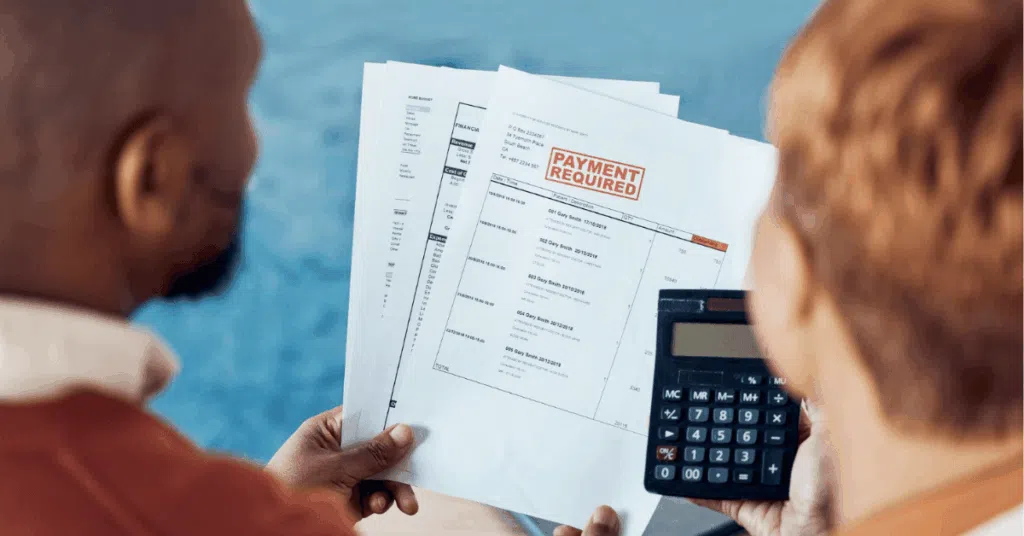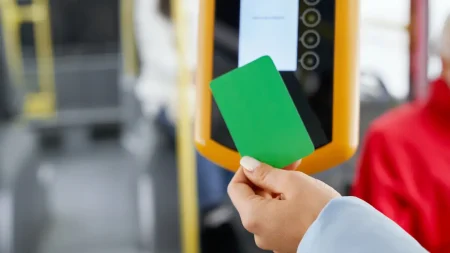Johannesburg residents are gearing up for an increase in their utility bills, with various tariffs set to rise in less than two weeks. These hikes come at a time when many households in the city are already struggling to cope with the increasing cost of living.
With inflation continuing to drive up prices, Johannesburg’s latest tariff hikes will further squeeze residents, many of whom are grappling with unreliable services. From frequent water outages to electricity cuts, residents are frustrated by the city’s inability to deliver consistent services, despite the rising costs.
In this article, we’ll take a closer look at what the new tariff hikes will mean for Joburg residents, why they’re happening, and what can be done to mitigate their impact.
What Are the Tariff Increases?
Utility Tariffs
The utility tariffs in Johannesburg are set to increase across multiple areas, including water, electricity, waste removal, and sewage services. These increases are being passed on to residents, meaning they will see a rise in their monthly utility bills.The water tariff increases are primarily due to price hikes from Rand Water, which supplies water to the city, and electricity prices are being raised due to approval from the National Energy Regulator of South Africa (NERSA). Additionally, waste removal and sewage services will see increased charges, further adding to the financial burden on Johannesburg residents.
Why Are the Prices Going Up?
City officials have explained that these hikes are necessary to cover rising operational and infrastructure costs. Rand Water has cited increasing costs of raw water supply, and NERSA’s approval of higher electricity prices means municipalities must adjust their rates accordingly. Despite these justifications, residents remain upset, particularly since they are already paying high utility bills for services that have often been unreliable.
Why Are These Increases Happening?
The city’s officials have defended the tariff hikes, arguing that they are needed to cover the increasing costs associated with the delivery of these services. Rand Water and NERSA have raised their prices, and municipalities like Johannesburg have no choice but to pass these increases on to the residents.
However, these explanations are falling on deaf ears for many residents who feel frustrated and neglected. Many residents are questioning why they should pay more when the city still struggles with service reliability—frequent power outages, water shortages, and poorly maintained infrastructure are common complaints across Johannesburg.
Learn more: City Power Launches Free Basic Electricity Drive for Joburg Residents
The Impact on Johannesburg Residents
These tariff hikes will have significant financial implications for many residents. For households already struggling with the high cost of living, these increases are expected to put even more pressure on already stretched budgets.
1. Financial Strain for Households
For Johannesburg residents, the hikes will mean paying more for essential services, at a time when many are already experiencing financial difficulties. With the cost of groceries, transport, and other necessities rising, the additional expense of higher utility bills could push some families into further hardship.
2. Impact on Businesses
Small businesses, particularly those in areas with frequent service interruptions, will be hit hard by the increased costs of water, electricity, and other services. Many businesses in Johannesburg rely on prepaid electricity, and the increase in surcharge fees will be felt by business owners who already have slim profit margins. Some may even be forced to raise their prices or cut costs by reducing staff, which could affect the local economy.
3. A Discouraging Effect on New Investments
For investors looking to set up businesses or expand in Johannesburg, the rising utility costs may discourage them from investing in the city. Unreliable services combined with high costs could make other cities or provinces more attractive for business investment, impacting Johannesburg’s future economic growth and job creation.
Related: Why Is My Water Bill So High? Common Reasons and How to Fix It
Residents’ Concerns: Why the Outrage?
Many residents are expressing frustration over the fact that they are being asked to pay more for services that are often unreliable. In recent years, Johannesburg has experienced frequent power outages and water shortages, with many areas going without these basic services for hours, sometimes even days.
The government’s justification for the increases—citing the rising costs from Rand Water and NERSA—does little to address the dissatisfaction felt by residents who are already paying high utility bills. They question why they should be asked to bear the brunt of these price hikes without seeing a corresponding improvement in service delivery.
Residents are also frustrated by the lack of transparency regarding how the increased tariffs will be used. Many wonder if the additional funds will go toward improving infrastructure, addressing service interruptions, or simply end up in the city’s general budget with little benefit to residents.
Learn More: Joburg Electricity Surcharge Confusion
What Can Residents Do?
While there’s little residents can do to stop the tariff increases, there are some ways to manage the impact of higher utility bills:
Be Conscious of Consumption
One of the most effective ways to reduce your utility bills is to lower consumption. Simple changes like using energy-efficient appliances, switching to LED lights, taking shorter showers, and turning off taps when not in use can help minimize water and electricity usage.Opt for Solar Power
With the rising cost of electricity, some Johannesburg residents are turning to solar energy as a more sustainable and cost-effective option. While the initial investment can be steep, solar power can significantly reduce electricity bills in the long run and provide more reliable energy sources.Get Involved in Local Advocacy
Johannesburg residents can band together to raise their voices about the impact of tariff hikes. Attending municipal meetings, participating in protests, and engaging with local representatives can help bring attention to the challenges faced by residents and pressure officials to prioritize better service delivery.Plan Ahead for Higher Bills
Budgeting for the increase in utility costs is essential. Residents should plan ahead by saving for the higher bills in advance or finding ways to reduce unnecessary spending elsewhere in their household budgets. By preparing for the change, families can ease the financial strain once the hikes come into effect.
A Tough Road Ahead for Johannesburg Residents
The looming tariff hikes for water, electricity, and other services are sure to add more pressure to Johannesburg’s already financially strained residents. With frequent service interruptions and rising costs, it’s no wonder that many are questioning whether they should be paying more for unreliable services.
As the city prepares for these price hikes to come into effect, residents will need to find ways to adapt to the new financial reality. However, they must also continue to demand better service delivery, more transparency, and greater accountability from their local government.










